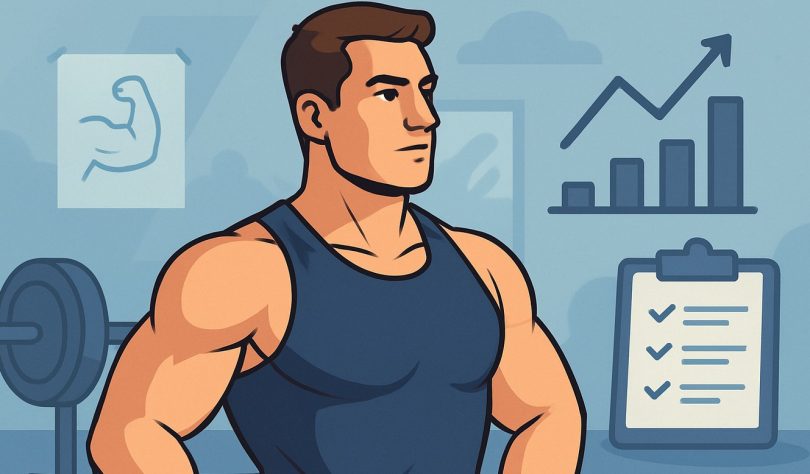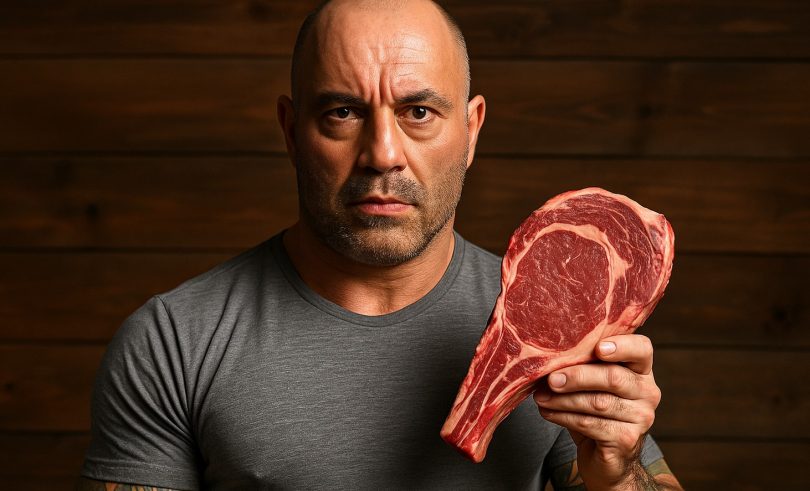More training and more supplements won’t fix what only sleep can. From muscle growth and injury prevention to metabolic health and longevity, quality sleep is the quiet edge most people ignore.
Why Sleep Matters More Than You Think
Sleep is not “time off.” It’s an active, physiological remodel. During consolidated night sleep, your brain files skills and motor patterns, your nervous system lowers stress, and your tissues recover. Consistently hitting high-quality sleep delivers improvements no daytime hack can replace: steadier energy, better focus, stronger immunity and steadier hormones.
Inadequate sleep, on the other hand, elevates cortisol, blunts growth hormone release, worsens insulin sensitivity and increases injury risk—turning even “perfect” training and nutrition into underperformers.
How Sleep Builds Strength, Not Just Rest
Strength and muscle gains are built during recovery, not while lifting. Deep sleep (slow-wave sleep) is closely tied to anabolic signaling and tissue repair. Rapid Eye Movement (REM) supports learning and motivation—both key to consistency. Miss either stage and your progress stalls: weaker sessions, lower power output, and higher perceived effort.
- Hypertrophy & repair: Protein synthesis and connective-tissue recovery peak overnight.
- Nervous system reset: Quality sleep restores reaction time, grip strength and coordination.
- Injury prevention: Sleep debt correlates with higher soft-tissue and overuse injuries.
Sleep, Weight Loss & Longevity: The Missing Link
Poor sleep disrupts appetite hormones (ghrelin ↑, leptin ↓), driving cravings for calorie-dense foods and reducing NEAT (your daily spontaneous activity). That means fat loss becomes harder and rebounds come faster. Chronically short sleep also increases inflammatory markers and may accelerate biological aging, while consistent 7–9 hours supports metabolic health, cardiac resilience and cognitive longevity.
How to Optimize Sleep for Performance
Think of sleep like training: you need a plan. Start with circadian consistency and layer in a simple pre-bed routine tailored to your lifestyle.
- Anchor your clock: Go to bed and wake up at consistent times (±30 min), even on weekends.
- Light first, light last: Get 5–10 minutes of outdoor light within an hour of waking; dim lights and screens 60–90 minutes before bed.
- Temperature & environment: Cool, dark, quiet room (≈18–20°C). Use blackout curtains and white noise if needed.
- Fuel timing: Finish large meals 2–3 hours before bed; avoid heavy alcohol and ultra-late caffeine.
- Train smart: High-intensity sessions earlier in the day; keep late workouts lighter or mobility-focused.
- Wind-down ritual (10–15 min): Breathwork (4-7-8 or box breathing), light stretching, journaling tomorrow’s top 3 tasks.
- Track, don’t obsess: Use a wearable for trends (sleep duration, HRV), but judge success by daytime energy and training quality.
Coach’s tip: Pair your rest day with a slightly earlier bedtime and a protein-rich dinner—your recovery and lifts later in the week will show it.
Quick FAQ
How many hours do I actually need? Most adults thrive on 7–9 hours. Lifters in heavy cycles often feel best nearer to 8–9.
Can naps replace night sleep? Naps (10–25 min) boost alertness, but don’t fully replace consolidated nighttime sleep.
What about magnesium/glycine or melatonin? Supplements can help some people, but start with routines and light hygiene first; speak with your clinician if you use sleep aids regularly.
Bottom Line
Sleep is the original performance enhancer. Protect it like your training plan and watch strength, body composition and longevity move in the right direction—often faster than adding another workout.






